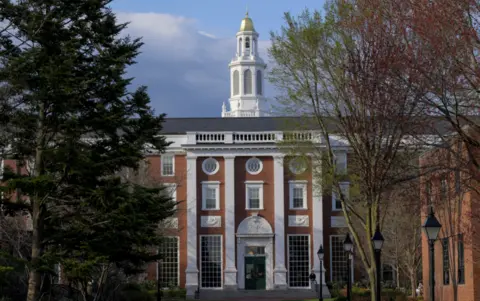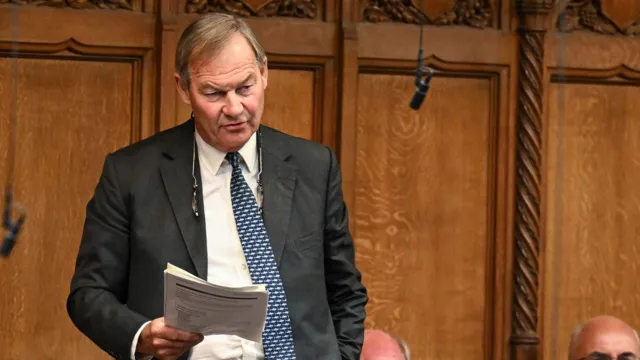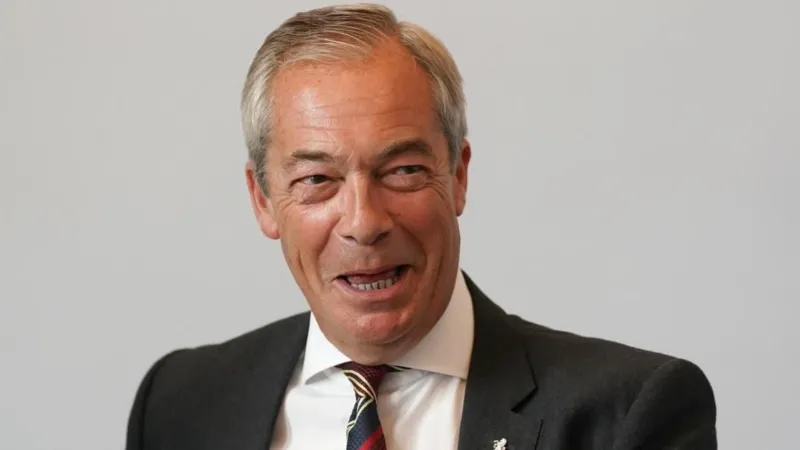Harvard Lawsuits Trump Administration Over $2.2 Billion Funding Freeze Amid Diversity Concerns
Harvard University has filed a federal lawsuit against the Trump administration in an attempt to block a proposed $2.2 billion funding freeze, escalating a contentious dispute that began last week. The lawsuit, officially lodged on Monday, represents a significant challenge to the administration’s efforts to exert greater control over academic institutions and comes amidst concerns about potential restrictions on diversity initiatives and increased scrutiny of anti-semitism policies at the prestigious university.
The legal battle stems from a list of demands presented by the Trump administration, which included requiring Harvard to conduct government-approved external audits of its curriculum, hiring practices, and admissions data. Harvard officials vehemently rejected these terms, arguing they would compromise the institution’s academic independence and constitutional rights. In a strongly worded letter released on April 14th, Harvard’s lawyers stated unequivocally that the university “will not surrender its independence or relinquish its constitutional rights,” emphasizing that it could not be ‘taken over’ by federal authorities.
The funding freeze itself has serious implications for critical research projects at Harvard. President Alan M. Garber highlighted that the withheld funds are vital to ongoing studies investigating pediatric cancer, Alzheimer’s disease, and Parkinson’s disease – areas of significant public health importance. Beyond research funding, the administration also threatened Harvard’s ability to enroll international students, further compounding the financial and operational challenges facing the university.
The White House responded to the lawsuit with a statement criticizing Harvard’s stance, framing federal assistance as a “privilege” that must be earned. Spokesman Harrison Fields argued that the funding freeze was necessary to address what he described as an “overpaid bureaucracy” benefiting from taxpayer funds. This rhetoric echoes broader criticisms of universities receiving substantial government grants.
Harvard is not alone in facing repercussions from the Trump administration’s policies. Other prominent Ivy League institutions, including Cornell University ($1 billion) and Brown University ($510 million), have also seen federal funding suspended. Columbia University, which recently faced threats to $400 million in funds following pro-Palestinian campus protests, has reportedly agreed to some of the administration’s demands. Former U.S. President Barack Obama, a Harvard alumnus, publicly expressed his support for the university’s decision to resist the restrictions. The lawsuit signals a continuing struggle over academic freedom and federal oversight of higher education institutions.




Post Comment